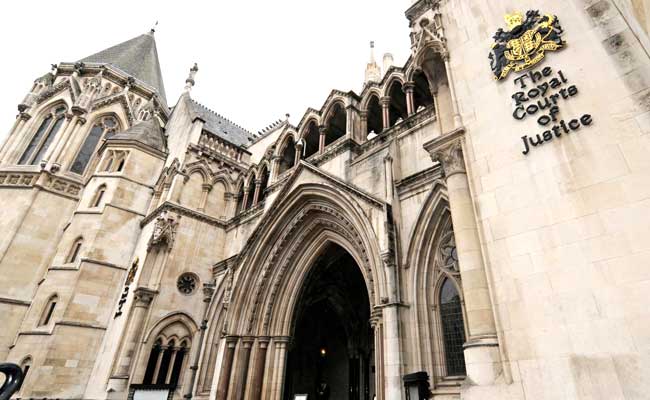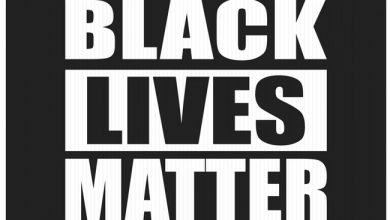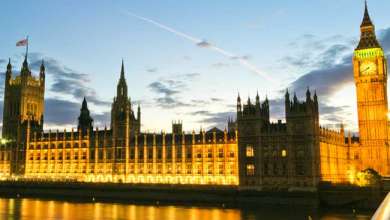Two Families Win Right to New Inquest into Deaths

1 Gabriel Kovari died on 28th August 2014, aged twenty-two. Daniel Whitworth died on 20th September 2014, aged twenty-one. Inquests into both deaths were conducted by Her Majesty’s Senior Coroner for the Eastern Area of Greater London (hereinafter referred to for convenience as the “Coroner”). On 19th June 2015, she reached an open conclusion in respect of each death. Subsequent to the hearing of those inquests, one Stephen Port was prosecuted for the murders of Mr Kovari and Mr Whitworth and also for the murders of two other young men, Mr Anthony Walgate and Mr Jack Taylor. After a trial before Mr Justice Openshaw and a jury he was convicted of all four crimes. On 25th November 2016, he was sentenced to life imprisonment with a whole life order.
2 The Coroner now applies pursuant to s.13 of the Coroners Act 1988 for an order that the original inquisition be quashed and a fresh inquest be held in relation to both Mr Kovari and Mr Whitworth. That application is supported by the bereaved families of Messrs Kovari and Whitworth (to whom I shall refer for convenience as the “families”).
3 Summarising the written submissions in two sentences, the Coroner submits that it is necessary and desirable in the interests of justice for fresh inquests to be held because further evidence as to the deaths is now available. The families support that submission, and have further submitted in writing that fresh inquests are also necessary and desirable because the initial police investigation can now be seen to have been insufficient.
Discussion:
4 Applying the principles so clearly stated by Lord Judge it is in my judgment plain that it is both necessary and desirable in the public interest that fresh inquests should be conducted into the deaths of Mr Kovari and Mr Whitworth. The discovery by the Metropolitan Police of new facts and evidence makes it clear that the evidence heard by the Coroner was insufficient to give her the full picture which is now available as to the circumstances of the deaths. For that reason, and through no fault of the Coroner, her investigation was insufficient. Both the public interest and the interests of the bereaved families require that the evidence now available as to the circumstances of the deaths should be heard. Although it is not essential on this application for the Coroner to show that the conclusions reached at a fresh inquest are likely to be different, the verdicts of the jury of the criminal trial show that different conclusions can confidently be expected.
5 On the face of it, it is surprising that the initial police investigation revealed so little of the full picture and appears to have led quite quickly to a conclusion that there was no evidence of any crime having been committed by any person still living. I agree with Mr Thomas’ written submission that the information placed before this court gives rise to a question why the original investigation did not discover more than it appears to have done. It would, however, be wrong for me on the hearing of this application to express any view one way or the other as to whether such investigation is necessary and appropriate, or as to the scope of a fresh inquest generally. Those are decisions for the coroner charged with the duty of hearing the fresh inquests. I therefore say nothing about them. Mr Thomas, in his oral submissions, helpfully made clear that he recognises that those are decisions for the coroner at the fresh inquests and he was content to support the application solely on the ground put forward by Mr Pleeth on behalf of the Coroner.
6 I conclude, on the basis of the fresh evidence which is now available, and on the basis that the evidence before the Coroner at the original inquests can now be seen to have been inadequate to permit a sufficient investigation into the deaths, that this application should be granted. If my Lord agrees, I would therefore make an order in the terms of the draft helpfully prepared by counsel and order that the inquisitions dated 19th June 2015, in relation to the inquest and conclusions into the deaths of Mr Daniel Whitworth and Mr Gabriel Kovari be quashed; that the applicant or such Assistant Coroner as may hereafter be appointed in these matters do convene a fresh investigation into the deaths of Mr Whitworth and Mr Kovari; and that there be no order as to costs.
7 I conclude by making this observation, conscious that the court has before it today the inquests touching the deaths of Mr Kovari and Mr. Whitworth but not the inquests touching the deaths of Mr Walgate and Mr Taylor. As I have indicated, counsel have informed the court that all concerned in relation to the four inquests would intend that the suspended inquests into the deaths of Messrs Walgate and Taylor should proceed before the same coroner and at the same time as the fresh inquests into the deaths of Messrs Kovari and Whitworth. That seems to me to be an eminently sensible course. This court is not invited today to make any order about it, but as Mr Thomas has explained, the Chief Coroner would, if necessary, upon an application made to him by an interested party, have the power to give directions to bring about that result. It seems, however, that no such application will be needed because it seems to be generally recognised that all four inquests should be heard together.
Read the full judgment: http://bit.ly/2y7sZXV





